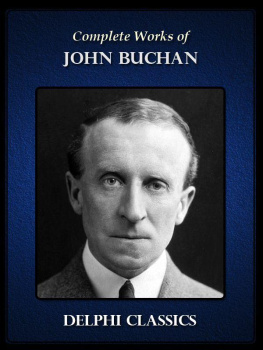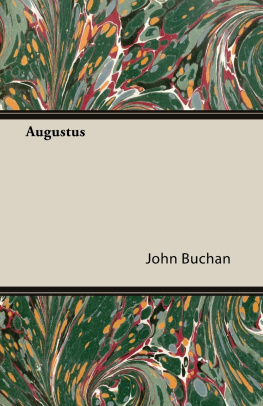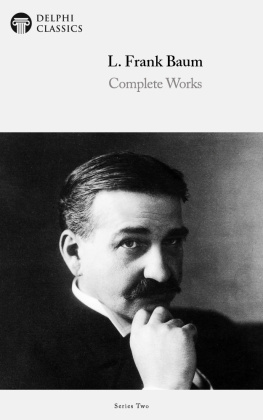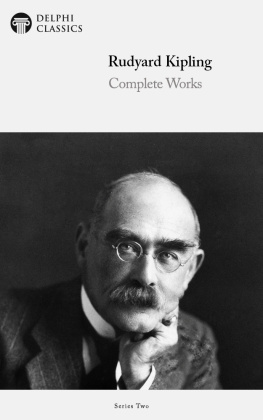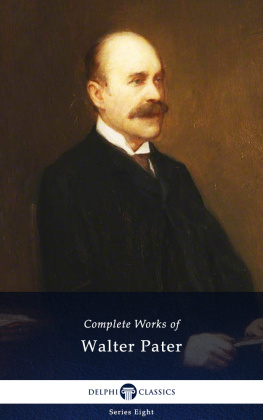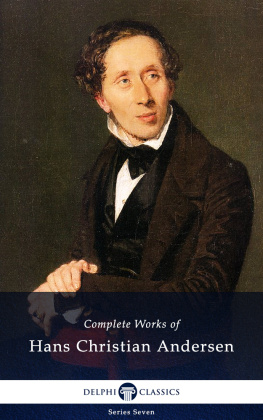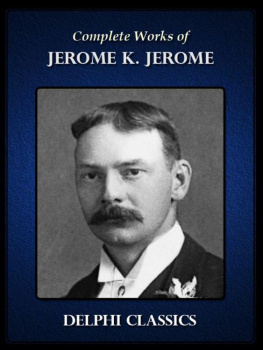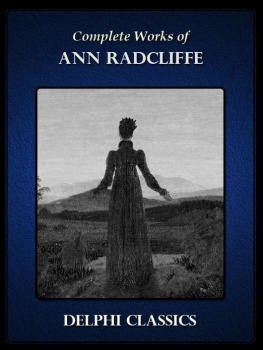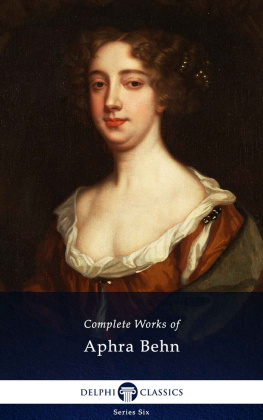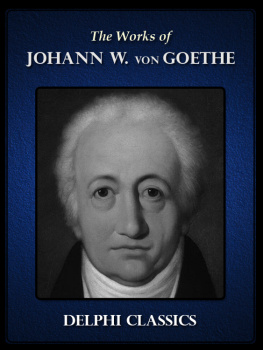SIR QUIXOTE OF THE MOORS

BEING SOME ACCOUNT OF AN EPISODE IN THE LIFE OF THE SIEUR DE ROHAINE.
Buchan was brought up in Kirkcaldy, Fife, and enjoyed many summer holidays with his grandparents in Broughton, in the Scottish Borders, where he developed a fascination of Scottish history and tales of old heroes, much like how his great idol Sir Walter Scott had done a century before. The young Buchan also developed a love of the local scenery and wildlife, which often feature in detail throughout his novels.
After attending Hutchesons Grammar School, Buchan was awarded a scholarship to the University of Glasgow , aged 17, where he studied classics, wrote poetry and became a published author. With a junior Hulme scholarship, he moved on in 1895 to study the Classics at Brasenose College , Oxford , where he befriended a number of literary individuals, including Hilaire Belloc, Raymond Asquith and Aubrey Herbert.
Buchans first novel was written in the spring of 1895 when he was nineteen years old, whilst studying as an undergraduate in his third year at Glasgow . The novel was published by T. Fisher Unwin in October 1896 and purports to have been written in English by a seventeenth-century French nobleman and so the style is inevitably stilted and challenging to read. Nevertheless, the novel contains many notable features of Buchans later great novels, with compelling descriptions of place and weather, swift narrative pace and concepts of honour and duty destined to later become Buchanian conventions.
Sir Quixote of the Moors is set in Galloway in Scotland in the late seventeenth century. From gambling and improvidence, the middle-aged Jean Sieur de Rohaine has become impoverished and has taken up an invitation to stay with Quentin Kennedy, an old friend of his youth. Kennedy invites him to join in the persecution of covenanters in the district, who have refused to accept government interference in their congregation. The persecution is so brutal that the two men fall out and Jean leaves indignantly. He and his horse, Saladin, ride off among the moors in bad weather and are soon lost. He finds an inn where the innkeeper is about to rob him when an unknown stranger helps him escape.

The first edition
CONTENTS

The countryside at Broughton, Scottish Borders, which served to inspire Buchans interest in his countrys history and natural world, influencing many of his novels, including Sir Quixote of the Moors.
TO GILBERT MURRAY
WHATSOEVER IN THIS BOOK IS NOT
WORTHLESS IS DEDICATED
BY HIS FRIEND.
PREFAC E
The narrative, now for the first time presented to the world, was written by the Sieur de Rohaine to while away the time during the long period and painful captivity, borne with heroic resolution, which preceded his death. He chose the English tongue, in which he was extraordinarily proficient, for two reasons: first, as an exercise in the language; second, because he desired to keep the passages here recorded from the knowledge of certain of his kinsfolk in France . Few changes have been made in his work. Now and then an English idiom has been substituted for a French; certain tortuous expressions have been emended; and in general the portions in the Scots dialect have been rewritten, since the authors knowledge of this manner of speech seems scarcely to have been so great as he himself thought.
I. ON THE HIGH MOOR S
Before me stretched a black heath, over which the mist blew in gusts, and through whose midst the road crept like an adder. Great storm-marked hills flanked me on either side, and since I set out I had seen their harsh outline against a thick sky, until I longed for flat ground to rest my sight upon. The way was damp, and the soft mountain gravel sank under my horses feet; and ever and anon my legs were splashed by the water from some pool which the rain had left. Shrill mountain birds flew around, and sent their cries through the cold air. Sometimes the fog would lift for a moment from the face of the land and show me a hilltop or the leaden glimmer of a loch, but nothing more no green field or homestead; only a barren and accursed desert.
Neither horse nor man was in any spirit. My back ached, and I shivered in my sodden garments, while my eyes were dim from gazing on flying clouds. The poor beast stumbled often, for he had traveled far on little fodder, and a hill-road was a new thing in his experience. Saladin I called him for I had fancied that there was something Turkish about his black face, with the heavy turban-like band above his forehead in my old fortunate days when I bought him. He was a fine horse of the Normandy breed, and had carried me on many a wild journey, though on none so forlorn as this.
But to speak of myself. I am Jean de Rohaine, at your service; Sieur de Rohaine in the province of Touraine a gentleman, I trust, though one in a sorry plight. And how I came to be in the wild highlands of the place called Galloway, in the bare kingdom of Scotland, I must haste to tell. In the old days, when I had lived as became my rank in my native land, I had met a Scot, one Kennedy by name, a great man in his own country, with whom I struck up an intimate friendship. He and I were as brothers, and he swore that if I came to visit him in his own home he would see to it that I should have the best. I thanked him at the time for his bidding, but thought little more of it.

